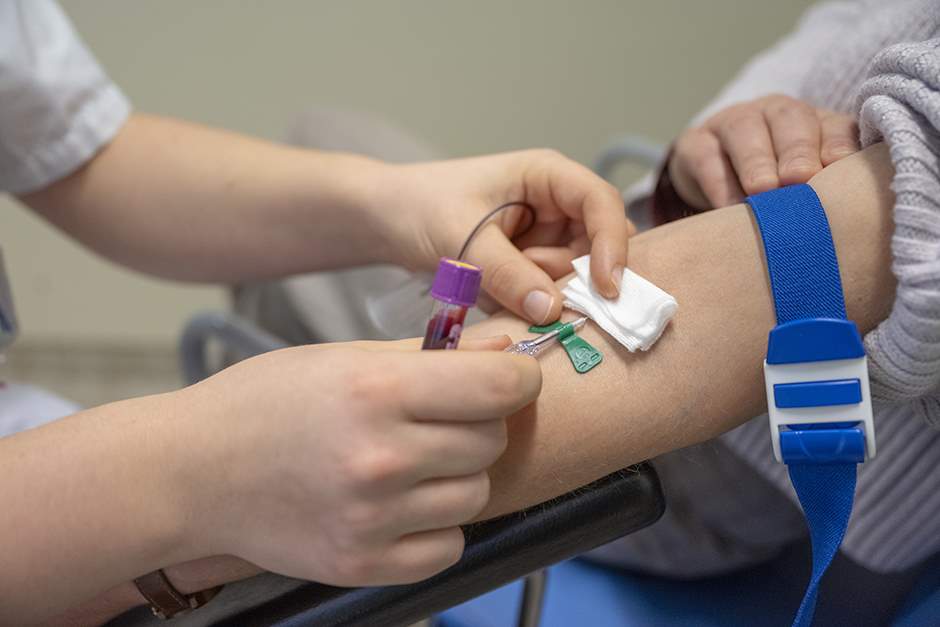Environment: the impact of our healthcare for a healthier world
We asked patients in our patient panel how important it was for them to have us explain what we’ve done to reduce environmental pollution. 70% say that they find it (very) important.
At UMC Utrecht, we work daily to improve health. We want to contribute to people’s health and to a healthy society. Also for future generations. Yet, together with other healthcare organizations, we are responsible for 7% of all the CO2 that is released into the atmosphere in the Netherlands. We want to increase our positive impact on health by reducing our negative impact on the environment and climate.

In 2024 we reduced the destruction of unused medication . We tested various measures in this regard in two of our nursing wards. And with success.
In 2024, we wasted 37% less drugs
We thereby also saved 60% of our costs in these departments. In 2025 we further expanded this measure at UMC Utrecht, so that we can also reduce drug wastage in other departments.
What are you doing about the use of disposable material?
We are working in various ways to reduce the wastage of material. Our goal is to use 50% less commodities by 2030.
-
Sustainability forms part of our award and selection criteria when we purchase products. When we buy equipment, we look for instance at the energy and/or water consumption of the device. Or we impose requirements on packaging material.
-
We replace disposable products with reusable options in our healthcare wherever we can. For example in Emergency Care in 2024, we replaced disposable suturing sets with reusable ones. We also made the sets smaller. This enables us to save water, energy, and capacity.
What do you do with your waste?
We process our waste as sustainably as possible. In line with the Green Deal for Sustainable Healthcare 3.0, we are aiming to reduce unsorted waste to no more than 25% in 2030. In 2024 we reached 39%. We achieved this through increasingly better combinations of waste sorting when something is thrown away (separated at source) and subsequent separation of waste that was not or could not properly be separated at the start. We furthermore recycled an average 47% or our waste in 2024. At the same time, we also started recovering plastic from residue waste. As a result, since July 2024, we have been recycling even more than 50% .
Edwin, Internal Logistics and Waste Management team leader: “We are making every effort to achieve this target in 2030 We are doing everything that is possible with present technology.”
